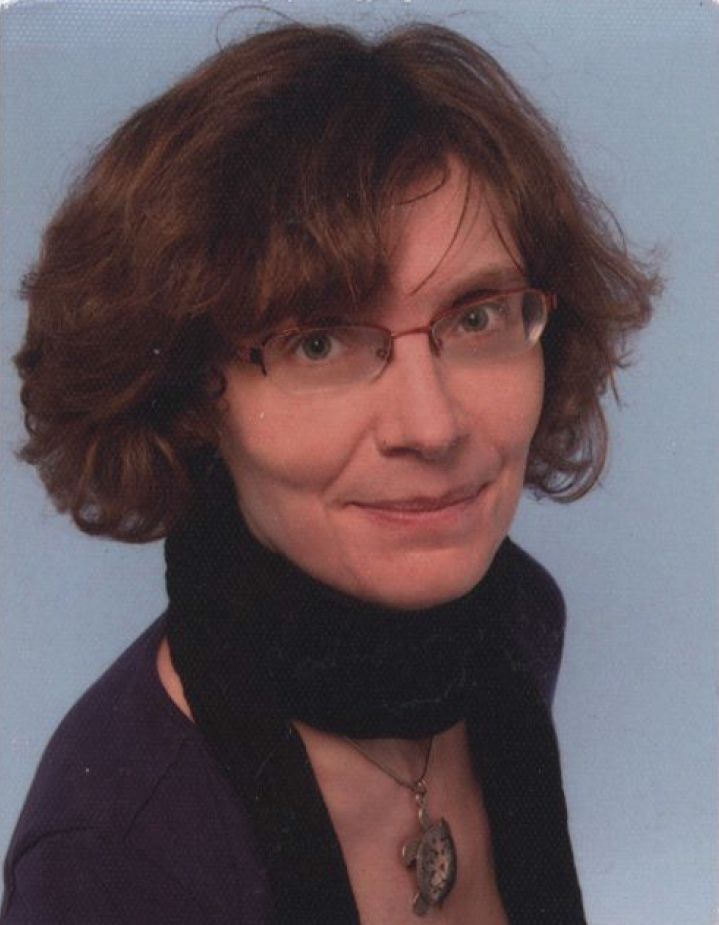Race, Gender, and Power in the History of Users of Global Technology
Dr. Christiane Berth is Wilhelm and Alexander von Humboldt Chair in Humanities and Social Sciences at the University of Costa Rica. Her research focuses on global economic and cultural entanglements among the fields of technology, development cooperation, food, consumption, migration, and trade, for which she has conducted research in Central America and Mexico since 2005. She is co-editor, with Gabriele Balbi, of the Special Issue Towards a Telephonic History of Technology in History in History and Technology. Her publications include “Bringing Communication to the Countryside: Rural Telephony in Latin America, 1900–1985” in History of Technology and a book on the history of the coffee trade between Germany and Central America published by the UNAM in Mexico. She is currently working on a book project titled Food, Politics, and Consumption in Nicaragua, 1960-1993, forthcoming with the University of Pittsburgh Press in 2020.
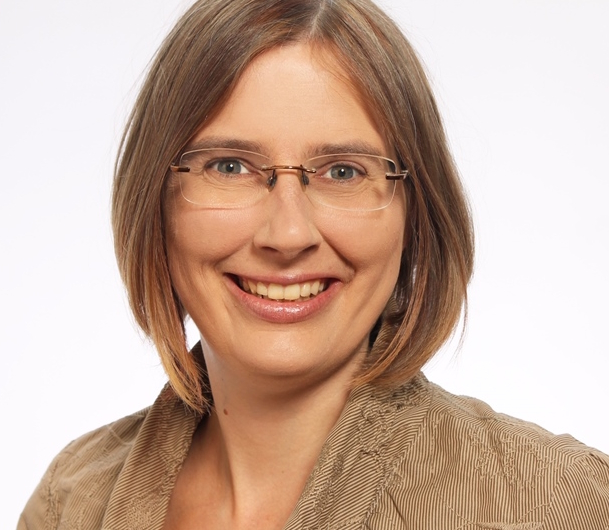
Dr. Yovanna Pineda is an Associate Professor of History and author of the book Industrial Development in a Frontier Economy: The industrialization of Argentina, 1890-1930 (Stanford, 2009). Her research is on the history of technology, capitalism, and industrialization processes, and its meanings to the people who experienced it during the nineteenth and twentieth centuries. Her second project on the development of farm machinery in the pampas is interdisciplinary, using ethnographic, archival, collective memory, oral histories, and material culture to derive the meanings of technology. This second book, Harvesting Innovation: Rituals, Memory, and Invention of Farm Machinery in Argentina, 1860-1960, examines the ritual-making, maintenance, and gendered perspectives of harvesters and tractors between 1860 and 1960.
In addition to the book, Dr. Pineda is directing and co-editing/co-writing with Scott Launier, The Harvester, a companion documentary that explores the development of harvester combines in Argentina’s fertile pampas region during the late twentieth and early twenty-first centuries. This region was home to numerous domestic harvester and farm machinery companies. Through interviews, archival footage, and narration, the film illustrates how the rise of the combine industry during the heyday of import substitution also shaped a sense of community and identity that is still strong today.
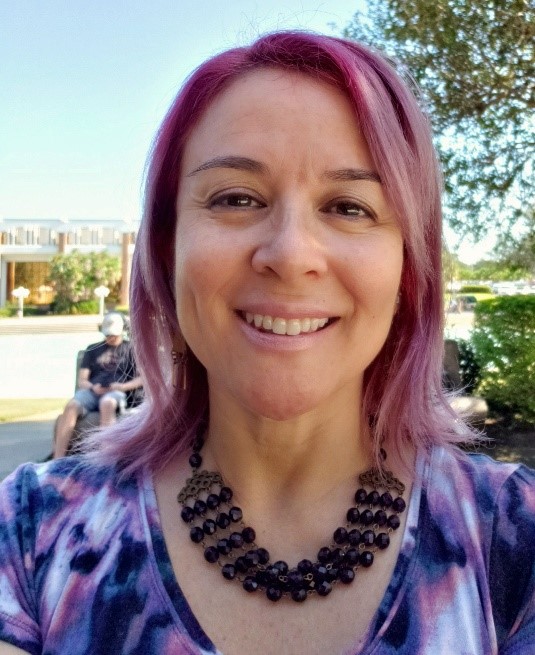
Dr. Jethron Ayumbah Akallah currently serves as a Lecturer in the Department of History and Archaeology at Maseno University in Western Kenya. Jethron has a PhD in History of Technology from Technische Universität Darmstadt, Germany. His research focuses on water and sanitation technology in Nairobi, with a special interest in innovations within informal areas. Employing the concepts of co-production and post-coloniality, his research breaks away from the history of technology that focuses on invention and origin by narrowing down on use, meaning and effect (Arnold, 2005). Jethron, through his research, lays emphasis on the need to approach the Global South as technological spaces rather than as sources of technological data. He draws inspiration from works of Zimbabwean scholar and historian Clapperton Chakanetsa Mavhunga that include; The Mobile Workshop: The Tsetse Fly and African Knowledge Production (2018), What Do Science, Technology and Innovation Mean for Africa? (2017) and Transient Workspaces: Technologies of Everyday Innovation in Zimbabwe (2015). In 2019, Jethron published his PhD dissertation titled; In the Technological Footprints of Urbanity: A Socio-political History of Water and Sanitation in Nairobi, 1899-2015 (https://tuprints.ulb.tu-darmstadt.de/8550/). He has written two chapters on Kenya’s colonial and post-colonial political history in two books edited by the doyen of Kenyan history, the late Professor William Robert Ochieng. Jethron will be instrumental in exploring technologies of water and sanitation supply in the context of Nairobi’s quilted infrastructural landscape.
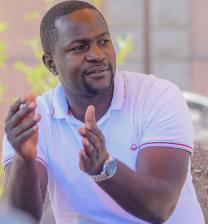
Dr. Robert Heinze is assistant professor in the Department of History at the University of Trier, Germany. His research focuses on media history and the history of urban infrastructure in Africa. He is co-editor, together with Patrick Neveling, of the forthcoming special issue of the Journal of Global History “Ruptures, Continuities, Consolidations: Reconsidering Global Economic Processes since 1945.” His publications include “Fighting over Urban Space: Matatu Infrastructure and Bus Stations in Nairobi, 1960-2000” in Africa Today, “‘Taxi Pirates’: a Comparative History of Informal Transport in Nairobi and Kinshasa, 1960s -2000s”, in Transport, Transgression and Politics in in African Cities: The Rhythm of Chaos, edited by Daniel Agbiboa, “‘The African Listener’: State-Controlled Radio, Subjectivity, and Agency in Colonial and Post-Colonial Zambia” in Everyday Media Culture in Africa: Audiences and Users, edited by Winston Mano and Wendy Willems, and “‘Men Between’: Zambian Broadcasters in Decolonisation” in the Journal of Southern African Studies. He is currently working on a book manuscript on the role of radio in decolonization processes in Southern Africa, comparing stations from Namibia and Zambia and the way that infrastructure, media practitioners, programs and audiences interacted in postcolonial nation-building processes. He will present on the failure of late colonial urban public transport ventures and the establishment of informal transport as a reaction of African urbanites to the problem of urban transport.
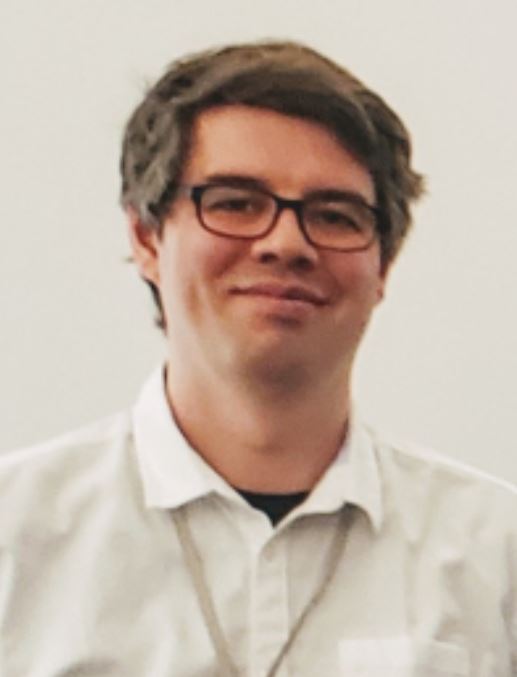
Dr. Alan Meyer is Associate Professor of History at Auburn University. His research focuses on how gender, race, and class identities are co-created along with the cultural meanings and material characteristics of various technologies. His first book, Weekend Pilots: Technology, Masculinity, and Private Aviation in Postwar America (Johns Hopkins University Press, 2015), examines how a pervasive culture of masculinity shaped not only the demographics of aviation for generations, but also influenced which technologies (i.e. the “hardware” of flying) were either accepted or rejected by the mostly white, male community of pilots. His current book-length project, tentatively titled Flying While Black: The Slow Pace of Racial Integration in the Airline Cockpit, 1964 to the Present, places the experiences of and obstacles faced by African American airline pilots in broader historical perspective. In addition to teaching undergraduate and graduate courses in his field, Dr. Meyer serves as Coordinator for the Technology and Civilization program at Auburn University, a team-taught two-semester sequence that employs case studies from the history of technology to make World History more accessible and relevant to non-history majors, especially students pursuing technical degrees such as engineering and industrial design.
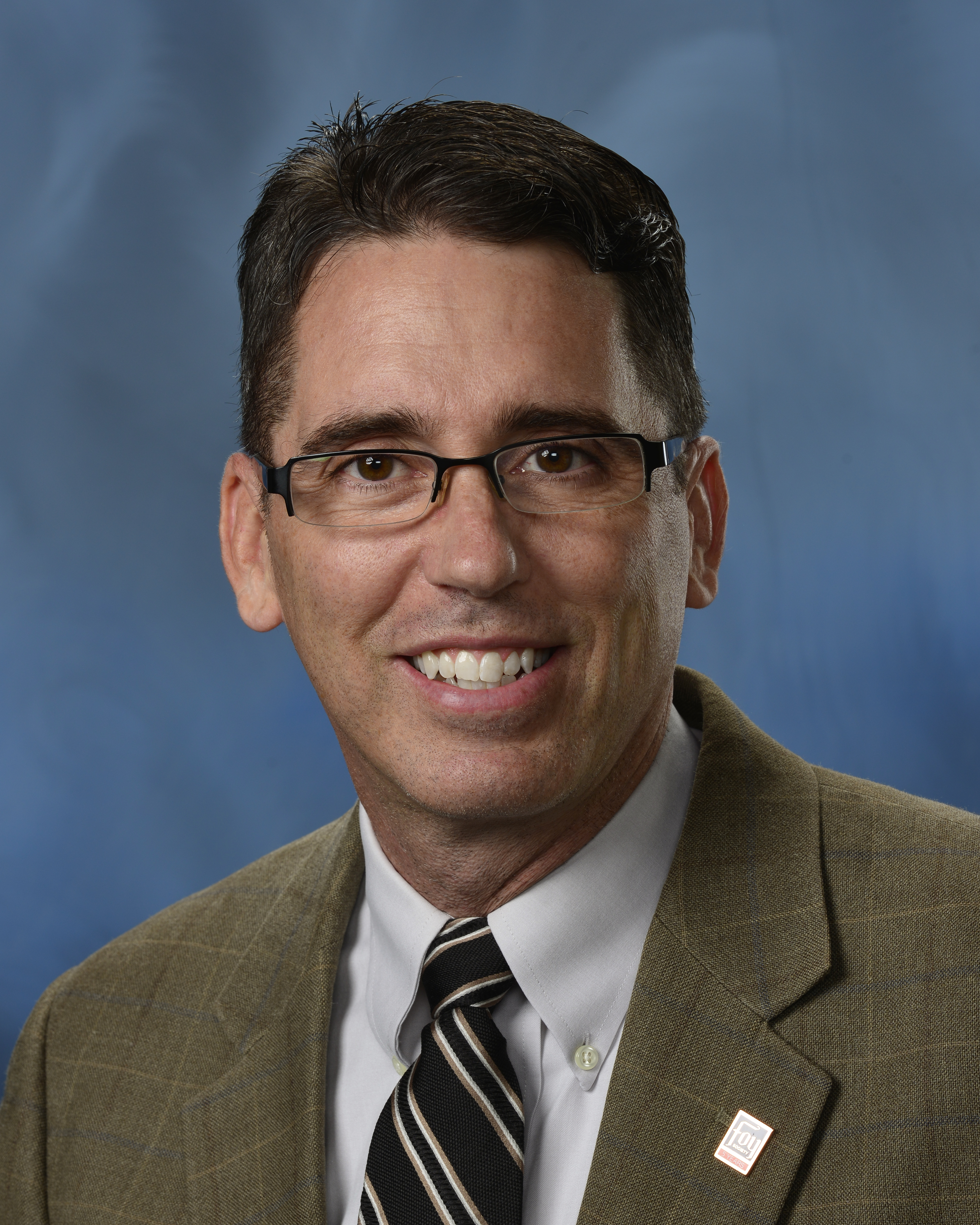
Dr. Suzanne Moon is Associate Professor in the History of Science and the University of Oklahoma. She writes on the history of technology and development in Indonesia, focusing on the co-construction of technology and morality in Indonesian life and politics. She is the author of Technology and Ethical Idealism: A History of Development in the Netherlands East Indies (Leiden:CNWS) and is currently developing a manuscript entitled Moral Narratives of Industrial Change: Social Meanings of Technology in Postcolonial Indonesia. She is also completing a book manuscript for Johns Hopkins University Press, Technology in Southeast Asian History, and co-edited (with Peter Soppelsa) a four volume reference set, Critical Readings in the History of Technology for Bloomsbury (forthcoming in January 2020). She is currently Editor-in-Chief of Technology and Culture, the flagship journal for the history of technology.

Diana J. Montaño is Assistant Professor of History at Washington University in St. Louis. Her research interests broadly include the construction of modern Latin American societies with a focus on technology and its relationship to nationalism, everyday life and domesticity. She is currently working on her first manuscript entitled Electrifying Mexico: Cultural responses to a new technology, 1880s-1960s, which looks at how ordinary citizens (businessmen, salespersons, inventors, doctors, housewives, maids and domestic advisors) used electricity, both symbolically and physically, in the construction of a modern nation. For the workshop, Montaño will focus on the visualization of indigenous women as users of traditional stone technologies in Mexico.

Dr. Sonia Robles is an assistant professor at the Universidad Panamericana in Mexico City. Her work focuses on broadcast media in a national and transnational context and she is concerned with mass media’s role in disregarding political boundaries, defining local and national identities, igniting social movements, and monitoring human behavior. She has written about women’s participation in the Mexican radio industry as well as state-sponsored efforts to train, educate, and entertain listeners throughout Mexico. She is the author of Mexican Waves: Radio Broadcasting along Mexico’s Northern Border, 1930-1950 (Tucson: University of Arizona Press, 2019) which examines the efforts of Mexican radio entrepreneurs who understood the border as a political but not a cultural barrier and created programming to reach Spanish and English-speaking audiences in the United States. Robles is currently working on two research projects. The first is centered on Spanish-language broadcast media consumption patterns and practices among Latin American immigrants in the United States. Second, she is using archival sources and oral histories to reconstruct the otherwise forgotten careers of female workers responsible for program development on state-owned Mexican radio stations in the early 20th century. At the workshop, Robles will examine media reception of interwar shortwave radio broadcasts from Mexico City in North America. The central question guiding the presentation is one that is keenly relevant in today’s moment: As a multi-use platform, how did radio serve the entertainment needs of three groups—a local Mexican audience, English-language radio listeners, and Mexican migrants throughout the U.S. Southwest—that may have shared little in common beyond their use of the latest technology at the time?
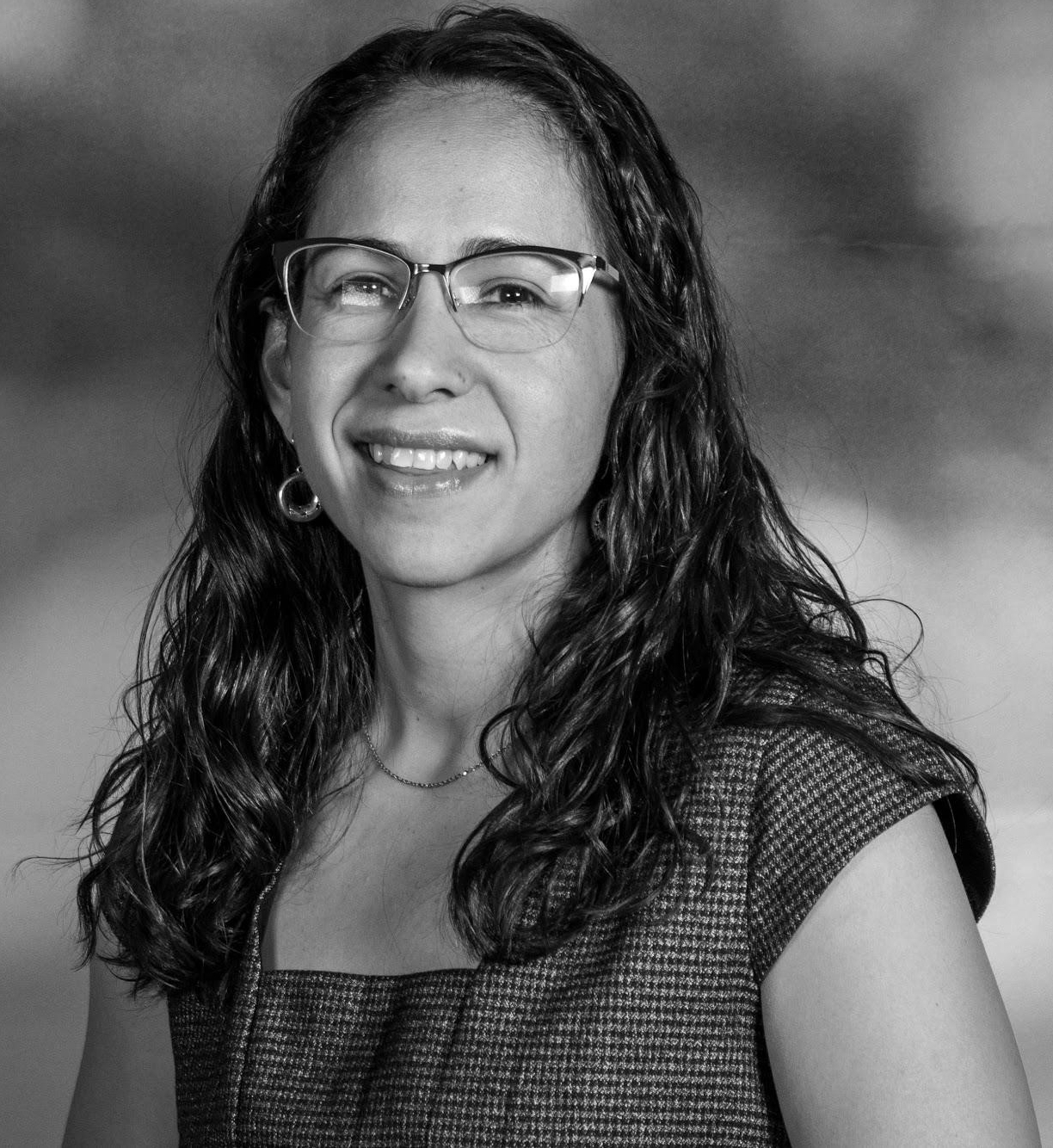
Dr. Madhumita Saha is Assistant Professor of History at Amity University, Noida, India. Her work has focused on history of agricultural science and technology in modern India. She has published several seminal articles, such as “Food for Soil, Food for People: Research on Food crops, Fertilizers and the Making of ‘Modern’ Indian Agriculture” (Technology and Culture, Volume 54, Number 2, April 2013), “State, Scientists and Staple Crops: Agricultural ‘Modernization’ in Pre-Green Revolution India” (Journal of Agricultural History, Volume 87, Number 2 Spring 2013), “Green revolution epistemologies in China and India: technocracy and revolution in the production of scientific knowledge and peasant identity” (British Journal for History of Science, Summer 2016), “In Quest of Plenty: Hunger and Agricultural Technology in India, 1955-67” in Tilling the Land: Agricultural Knowledge and Practices in India, co-edited Deepak Kumar and Bipasha Raha (Primus Book, 2017). She has so far received several prestigious international scholarships, including the Fulbright Dissertation Fellowship and PACHS Dissertation Writing Fellowship. She is also the recipient of several national and international awards, including the I.G. Khan Memorial Prize for the ‘best paper’ (Empowered Nationalism and Science: Dreams and Dilemmas of Forging Modern India, 1947-1964) in the section on History of Science, Technology and Environment in the 2004 Indian History Congress, S. Athar Ali Memorial Prize for the ‘best paper’ (“Empowered Nationalism and Science: Dreams and Dilemmas of Forging Modern India, 1947-1964”) in all sections of the 2005 Indian History Congress and Clarence Matterson Award for the best graduate research paper, Iowa State University Department of History, April 2010.
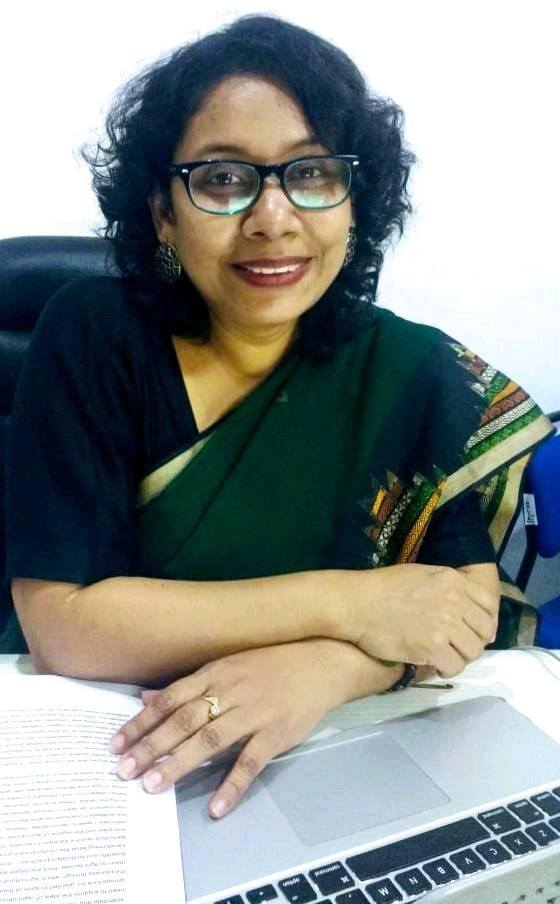
Dr. Mikael Wolfe is an environmental historian of water and climate issues in modern Latin America. He earned his BA from Columbia University and MA and Ph.D. from the University of Chicago. He is currently Assistant Professor of History at Stanford University. In addition to his book Watering the Revolution: An Environmental and Technological History of Agrarian Reform in Mexico (Duke University Press, 2017), which won the Elinor K. Melville Book Prize for Latin American environmental history in 2018, he has published numerous academic articles and book chapters on water management, agrarian reform, and climatology in Mexico and Cuba, most recently in Hispanic American Historical Review and Environmental History, as well as op-eds in Proceso and the Washington Post. His second book project is tentatively entitled Revolution in the Air: A Comparative Historical Climatology of the Mexican and Cuban Revolutions, from which his talk is drawn.
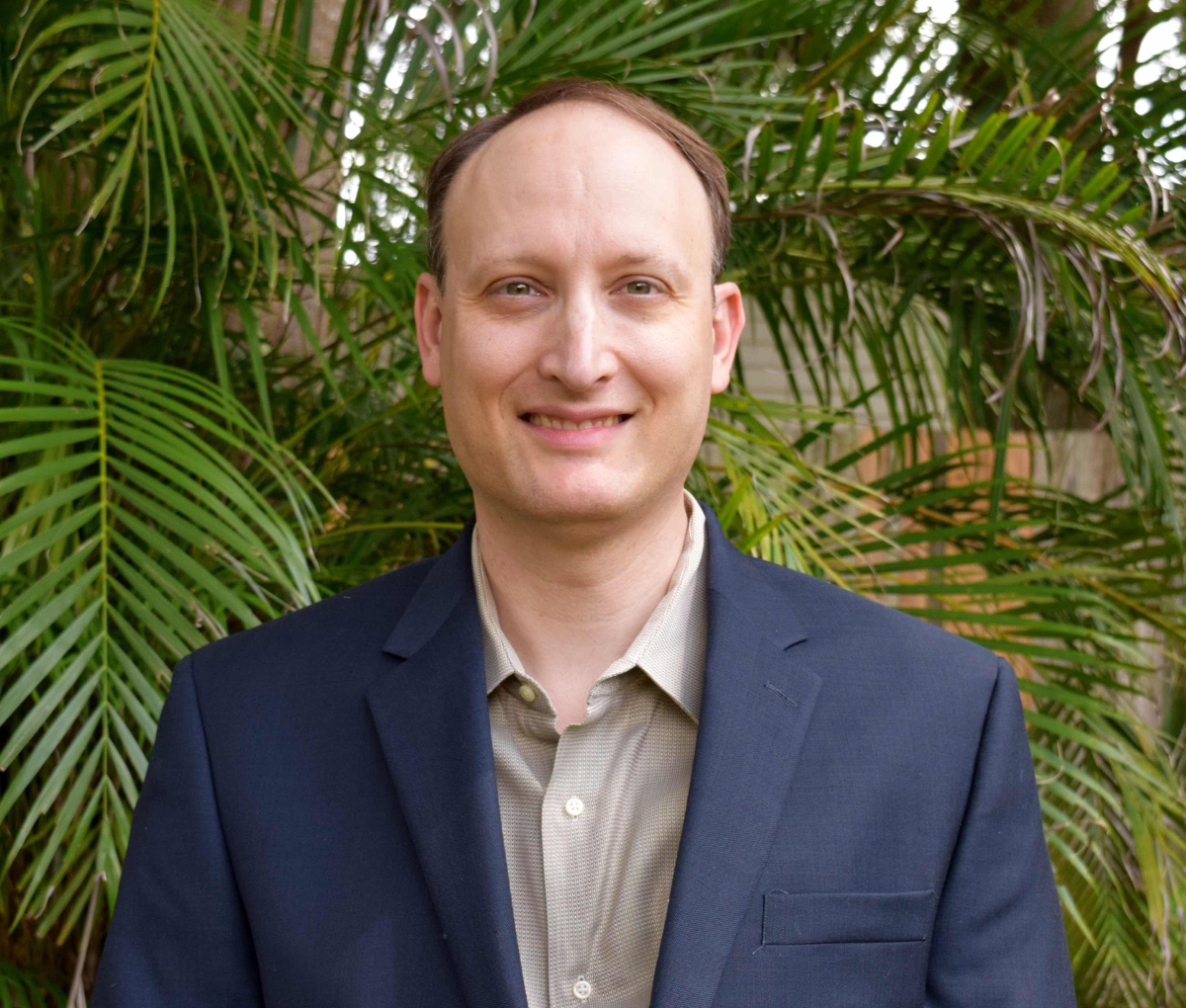
Dr. Ricarda Musser works at the Ibero-Americanisches Institut. She shared her piece on Chile in technologystories.org, which is part of her research on Cultural Magazines of Latin America. In this acquisition and digitalization project, the IAI plans to acquire missing issues of Latin American cultural magazines from the late nineteenth to the early twentieth centuries. As regards the acquisition of cultural magazines within the scope of the application, the institute selected countries from which it already held individual titles, most often in incomplete sets. The selected countries—Argentina, Brazil, Chile, Colombia, Cuba, Ecuador, Peru and Puerto Rico—reflect concrete demand from researchers and also form a balanced geographical cross-section of the IAI’s collection area.
